
University of Cambridge
About University of Cambridge
The University of Cambridge is a beacon of academic excellence, steeped in a history spanning centuries. Renowned for its iconic Colleges and distinguished University buildings, Cambridge attracts diverse visitors from across the globe. Beyond the architectural marvels, the university boasts an array of museums and collections that house treasures, offering a fascinating glimpse into the scholarly pursuits of its academics and students, both in the past and the present.
As one of the oldest and largest universities globally, Cambridge's reputation for exceptional academic achievement resonates internationally. This reputation is not only a testament to the intellectual prowess of its students but also reflects the world-class original research conducted by the dedicated staff within the University and its Colleges. Recognised by the Quality Assurance Agency and other external reviewers, Cambridge upholds rigorous standards in learning and teaching.
The institution's commitment to excellence is further underscored by its vast resources, including libraries, museums, and various collections. The learning experience at Cambridge extends beyond traditional formats, encompassing lectures, seminars, and practical classes led by world-renowned experts and personalised teaching within the distinctive College system.
This unique blend of academic rigour and personalised mentorship creates a dynamic environment where students can engage with scholars across all levels, fostering a rich culture of formal and informal knowledge exchange.
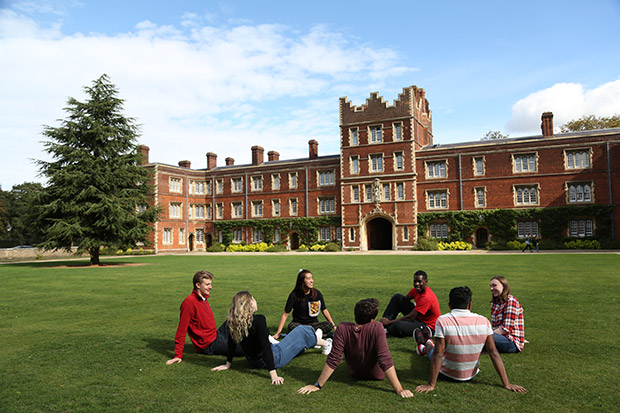
Colleges
As well as being a member of the University and an academic faculty/department, students also belong to a College. Colleges offer a considerable amount of individual pastoral and educational support for each student. Each College has a wide range of students from different disciplines, ages and backgrounds.
While each of the 31 colleges has its unique character, they have more similarities than differences. They each have their own libraries, computer suites, and a wide range of sports and music facilities, such as playing fields, gyms, music practice rooms and performance venues.
If you have been formally offered admission by the university and are accepted into a course, you will be accepted by a college. College membership is an essential part of registration as a postgraduate student, whether you are full or part-time. No matter which College you join, you will be welcomed into an inclusive, interdisciplinary, supportive, and social community.
Key facts and figures about each College >
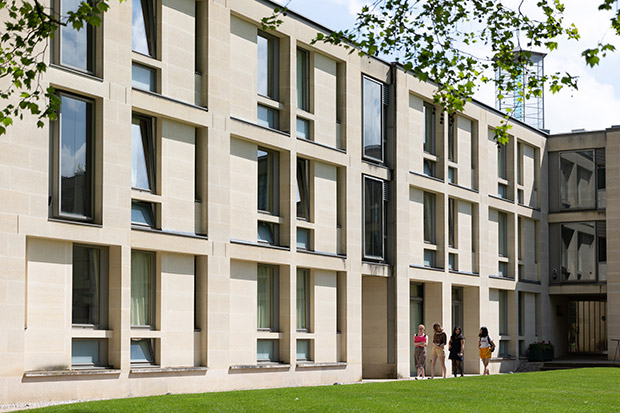
Postgraduate offering
Offering a spectrum of more than 300 postgraduate courses spanning a diverse array of academic disciplines, Cambridge University provides an extensive array of both taught and research opportunities. The illustrious facilities of the university's departments and faculties serve as the backdrop for the transformative journey of teaching and studying within these programs.
Use our Course Directory to search all postgraduate courses on offer at Cambridge.

Research
In Cambridge, we are committed to achieving excellence in research and scholarship, and ensuring that our research contributes to the well-being of society. We seek to provide a creative and supportive environment where ideas can be generated and flourish. The excellence and diversity of our research means that in addition to our achievements in fundamental research, we are well-positioned to make significant contributions to the global innovation agenda and, by conveying the implications of our study, to contribute to the formulation of policy.
We aim to provide academic leadership globally and develop strategic partnerships worldwide to advance research and the impact of that research in these fields.
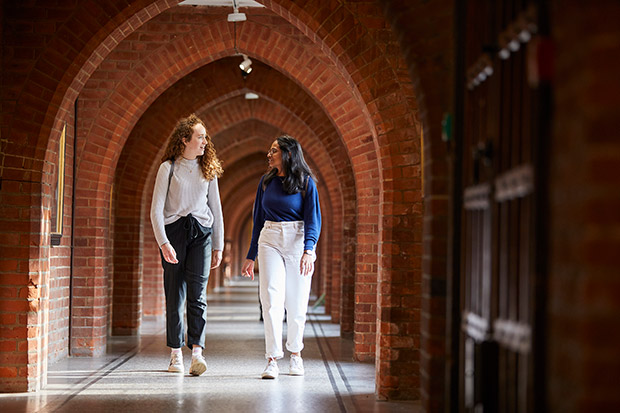
Facilities and support
The University of Cambridge offers a diverse range of facilities and support services to its students. With over 100 libraries, nine specialist museums, and extensive welfare services, you will have every resource you need to make the most of your time here.
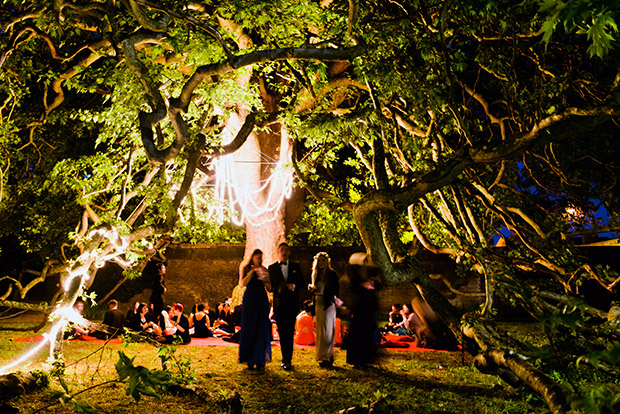
Libraries
You certainly won’t be short of libraries at Cambridge – the collegiate University has more than 100! Libraries provide study spaces, resources and staff to help you find what you need for your studies.
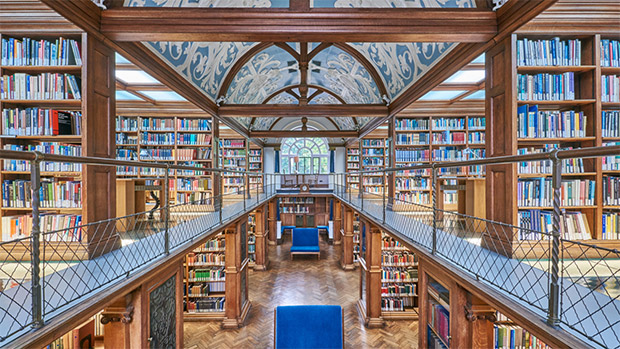
Museums and collections
Cambridge has nine specialist museums and collections, all of which are open to students and the public. The fascinating exhibits range from dinosaurs to modern art, and rock samples to Rembrandt. Even if none relates directly to your course, a look at the whale skeletons, classical sculpture or even the camera used by Robert Falcon Scott at the South Pole in 1912 has to add something to your time at Cambridge!
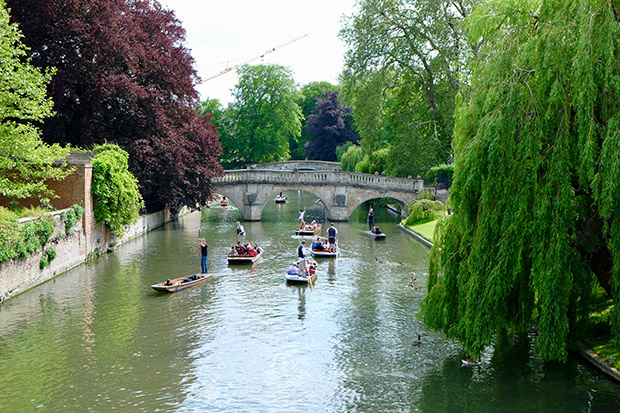
Course-specific facilities and resources
Our course-specific facilities range from laboratories and surgical suites to concert halls and theatres. You can find out more about the facilities and resources that support learning at Cambridge on our course pages.
Fees, funding and costs
Applying for funding is a key part of the application process.
Anyone applying for a postgraduate course at Cambridge can also apply for funding to help cover their fees and costs.
Students can be fully, partially or self-funded, and there are several ways to find funds through the University and external sources.
In 2023, 77% of our new PhD students and 24% of our new Masters students received either full or partial funding awards to cover the cost of their study.
Check your eligibility to funding using the Funding Eligibility tool
Accommodation
To undertake full-time postgraduate study at the University of Cambridge, you must live in or close to Cambridge for at least the minimum period of study.
This means you'll be required to live:
- within ten miles of the city centre for research students and those taking most other postgraduate courses
- within three miles of the centre for students of the LLM degree
You will normally be required to live in Cambridge throughout the year, apart from short breaks taken between terms (taught students) or at times agreed with your supervisor (research students).
The Colleges can house many of their full-time postgraduate students, either in the Colleges themselves or in postgraduate hostels or purpose-built flats. However, few Colleges can house all their student members. You may prefer to find your living accommodation independently of the College or may have to do so; this is more likely to be the case if you come to Cambridge with a partner or children, as there is only limited College accommodation for couples and families.
If your College cannot provide accommodation for you, you can get help from the Accommodation Service and the Graduate Union.
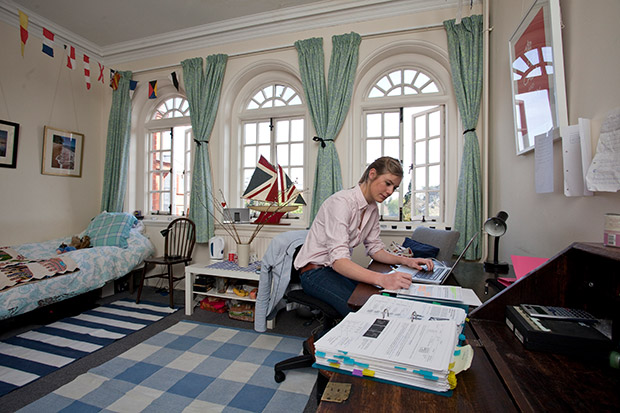
Future career prospects:
The University of Cambridge actively encourages collaboration with external partners through various initiatives, fostering mutually beneficial relationships and turning innovative ideas into groundbreaking commercial realities.
Recognising the potential of Cambridge graduates, businesses are encouraged to recruit them and explore various engagement options such as internships, projects, and placements. The university also provides executive and professional education programs, enabling organisations to expand their capabilities through top-tier teaching.
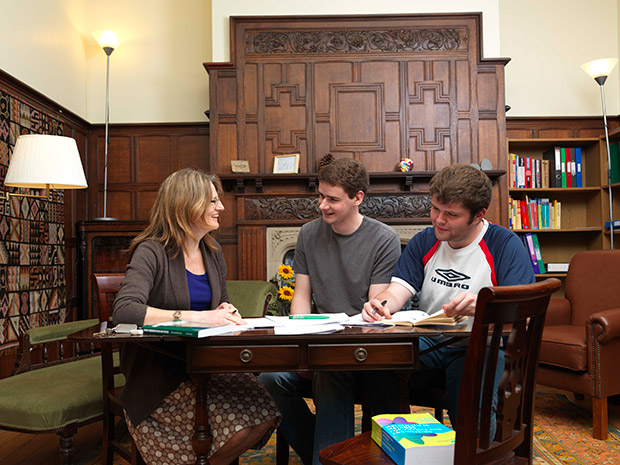
Culture
Cambridge is a vibrant city that embraces the old and the new, combining the welcoming feel of a small town with the variety and energy of a larger city.
A city of bustling streets and pavement cafes, Cambridge is interspersed with green spaces and parks, while cows can be found grazing freely at the edges of the city centre. Everything in Cambridge is within walking or cycling distance and regular bus services are crossing the city every day. With the thriving international student population at the postgraduate level and the science and business parks in the north of the town (which attract employees from around the country and the world), the city feels lively and inclusive.
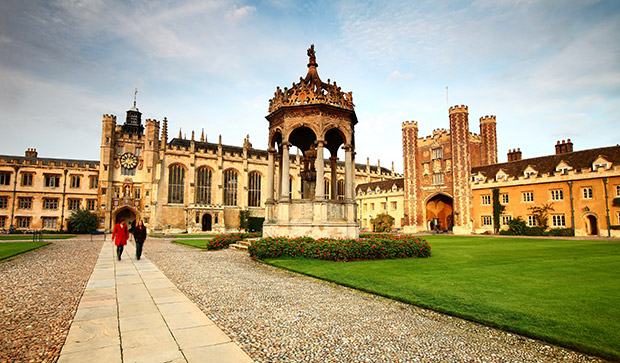
How to apply
1. Find a course
- Before applying, you should thoroughly research your prospective course, including its requirements, deadlines, and course costs.
- Information about all our postgraduate courses is in the Course Directory. Check carefully that you meet the entry requirements of the course you want to study..
2. Check the application deadlines
- There are two application deadlines that you need to consider: the course deadline and the funding deadline. You must apply by whichever comes first.
3. Register for the Applicant Portal
- Applications to Cambridge are made through the Applicant Portal.
4. Research the Colleges
- All postgraduate students are a member of a College. In your application, you'll be asked to indicate two College preferences - or you can choose to make an open application and have a College allocated for you.
5. Apply for funding
- The University’s main sources of funding can be applied for through the Applicant Portal. Please ensure you leave plenty of time to consider and complete the funding section of your application.
6. Application fee
- If you're applying for a master's level course, you'll be asked to pay an application fee before you can submit your application. Some applicants may be eligible for a fee waiver.
7. Submit your application
- Once you have finished writing your application, all your supporting documents are uploaded, and you have paid the application fee (if applicable), your application is ready to be submitted.
8. Interview
- If your application is accepted to the next stage in the admissions process, most departments and faculties will want to interview you. Most interviews will be conducted via video conferencing or telephone.
Contact details
- help@postgraduate.study.cam.ac.uk
- Address
- Student Services Centre
- New Museums Site
- Cambridge
- CB2 3PT

